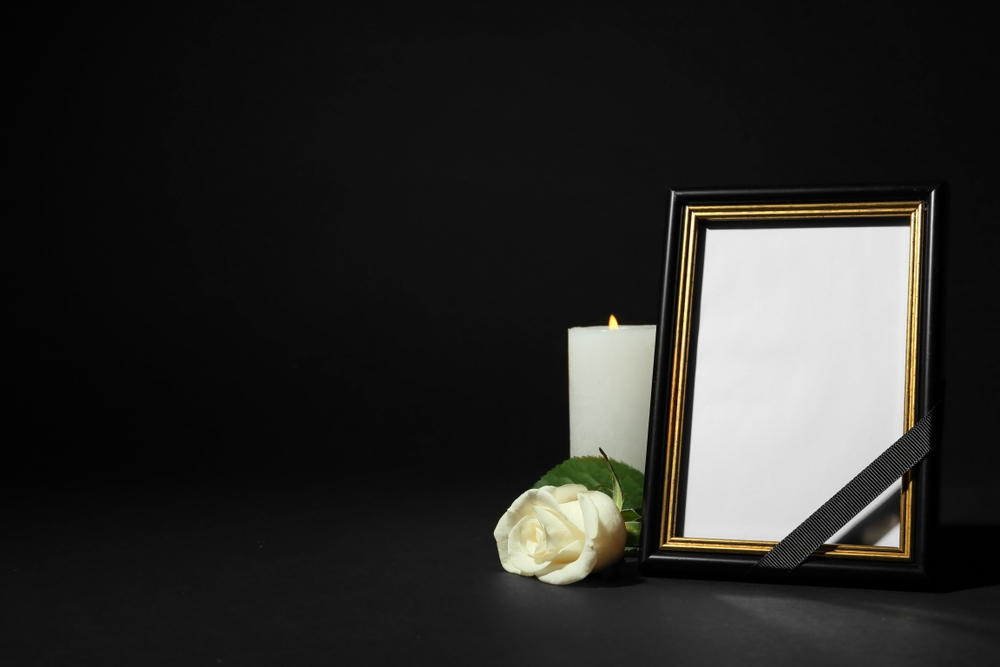
Funerals are a ritual part of mourning. Although funeral services are often associated with religion, many people don’t have a religious background. According to Pew Research, about one-third of Americans consider themselves nonreligious. This can make traditional religious funeral services more difficult, but there are many options. Let’s delve into how to create a meaningful service by exploring some secular funeral traditions.
Where Should You Hold the Service?
There’s no rule that says a funeral service needs to be in a church or at the funeral home. Choose a place with meaning to the deceased or to the family. There are dozens of venues where you can host a memorial service that might be more meaningful, such as a museum, boat, local garden, zoo, or park. Funerals were once even held in the family home. In this secular funeral tradition, neighbors and family came to the house to pay their respects and celebrate the loved one.
Who Should Be the Celebrant?
In many cases, the pastor of the church provides the service. A non-religious term for this person might be a funeral celebrant. If you don’t want a religious leader to provide the service, look for people who are leaders who can handle a group setting. You want someone comfortable speaking in public and who can commemorate your loved one. Ask the funeral home for a non-religious celebrant if you don’t have someone in your own circle.
What Elements Should Be Included?
When you take out the hymns, prayers, and Bible readings, it might seem as if there isn’t much left to say at a funeral. Instead of thinking about what you can’t say, think about what was important to the deceased. Use these ideas to honor your loved one’s life:
- Favorite songs
- Poems or books that were important to them
- Tell stories about your loved one
- Military honors or civic organization honors
How Do You Make Your Own Traditions?
Many of the funeral traditions we use today are rooted in religion, but there’s no reason you can’t use those traditions to create new secular funeral traditions. You can light candles in memory of your loved one without making a religious connection. Make a toast to your loved one with their favorite wine or spirit. Plant a tree or flowers in their honor. Personalize the ceremony to make it meaningful and to help the family and friends begin mourning.
Why Use Photos or Videos?
Photos are a terrific way to remember your loved one at a funeral, religious or not. Incorporate music into the photo array that can run during the funeral to tell the story of the deceased. Reach out to others to get photos outside of the family. Choose a wide variety of photos that really showcase the deceased in all aspects of life. Offer digital copies to the mourners.
Should You Host a Funeral Meal?
Many churches host a funeral meal for the family and friends following a funeral. This meal is more than a funeral rite. It’s another avenue to give the mourners time to begin the healing process. Even though you’re not hosting a religious service, you shouldn’t forego this ritual. There’s no reason to go all out with a huge meal; just a small array of refreshments before people leave the ceremony is enough. Let the mourners gather to talk about the deceased in a casual environment. Serve the deceased’s favorite dessert with coffee and tea for a very simple “meal.” It’s said that people serve food at funerals to comfort the mourners and to remind them that they are alive. Don’t skip this valuable part of the funeral ceremony.
Funerals aren’t for the dead. They’re for the living. Nonreligious people grieve too. It’s very possible to hold a nonreligious funeral that is meaningful for the family and friends.

